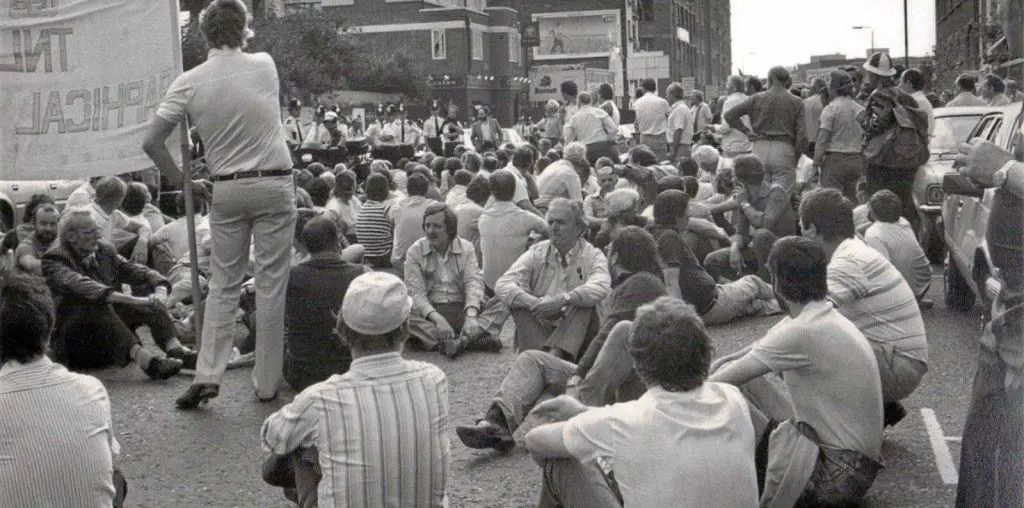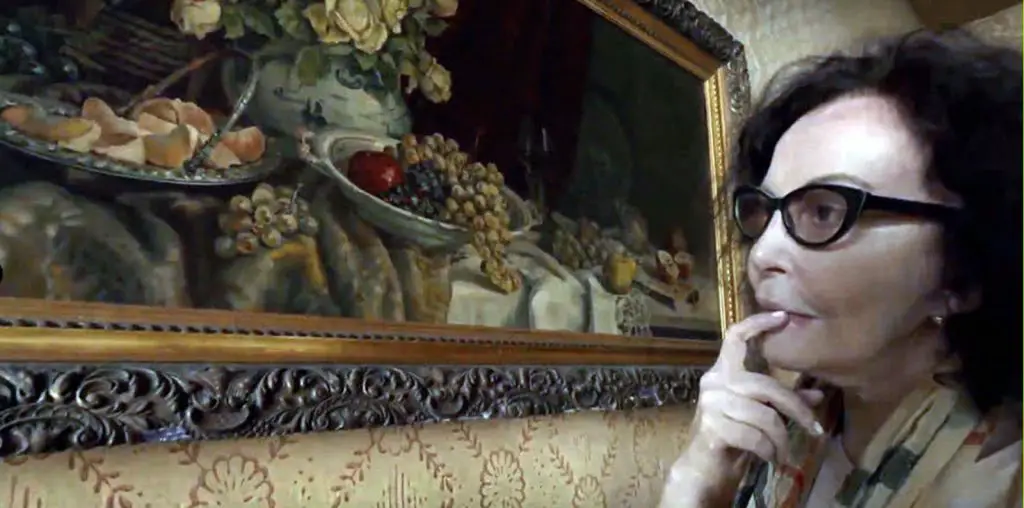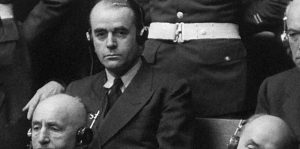
NEW TO THEATERS! One gets a queasy feeling watching co-writer/director Vanessa Lapa’s Speer Goes to Hollywood. That nausea arises from witnessing a man who held rank in Hitler’s inner circle and evades the full responsibility of his crimes. Somehow, Albert Speer convinced people that he was “the good Nazi” or, at the very least, the “least bad” of the bunch. He oversaw a program that exploited — and in many cases worked to death — millions of slave laborers. He somehow avoided the death penalty at the Nuremberg Trials, sold millions of copies of his wartime memoir, and then almost had Hollywood make a production based on his memoir. The documentary utilizes archival footage and audio recordings that uncover Speer’s attempt to edit out the full horror of his crimes creatively.
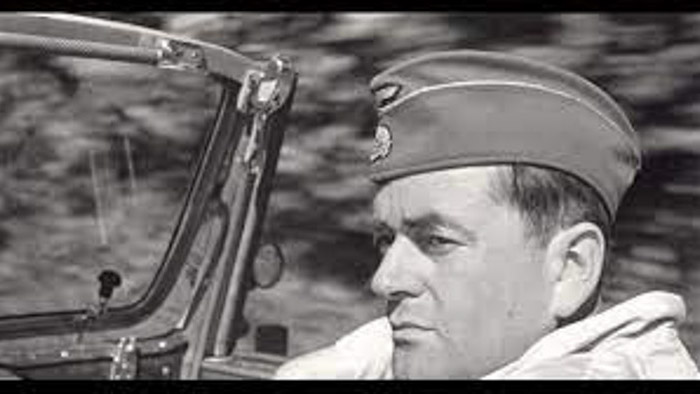
“…uncover Speer’s attempt to edit out the full horror of his crimes creatively.”
The recordings Lapa relies on are from the conversations between Speer and screenwriter Andrew Birkin as they attempted to construct a script loosely based on the aforementioned biography. Birkin was a protégé of Stanley Kubrick, and Paramount Pictures showed great interest in the project. In other words, there were big players involved in this whitewashing project. Chillingly, Speer establishes early in the recordings that he does not want the film to be a documentary. He tells Birkin that it “should be a painting and not a photo.” It becomes clear that Speer wants a subtle retelling of his life wherein he was not fully aware of the horrors being committed by the Nazis. He wants the audience to identify with his fictional avatar — a man caught in a series of historical events that got out of control.
The director makes Speer Goes to Hollywood work at two levels. First, the recordings demonstrate Speer’s interest in the project at hand. He knows a movie will be the culmination of his branding aimed at making him “the good Nazi.” The recordings also work as a history lesson. Speer recounts how he became a Nazi, his experiences during the second Great War, and his trial in Nuremberg. He says that he was not necessarily an anti-Semite. He was just put off by immigrants who came to Germany, specifically Jewish ones, and their “nouveau riche tendencies.” He states that he was initially “seduced” by Hitler’s claims that he would make Germany great again. He was “indoctrinated” by footage of Hitler’s speeches at Nazi rallies. After joining the Nazis, he became a vital coordinator in the planning of rallies and celebrations.
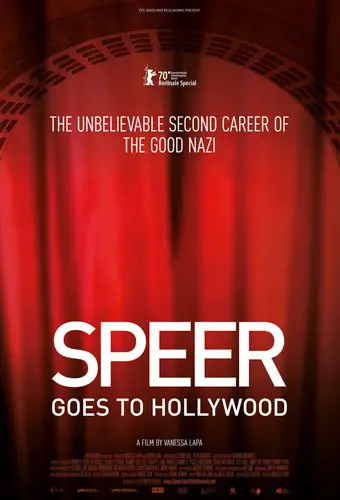
"…Lapa couldn't have chosen a better subject."

